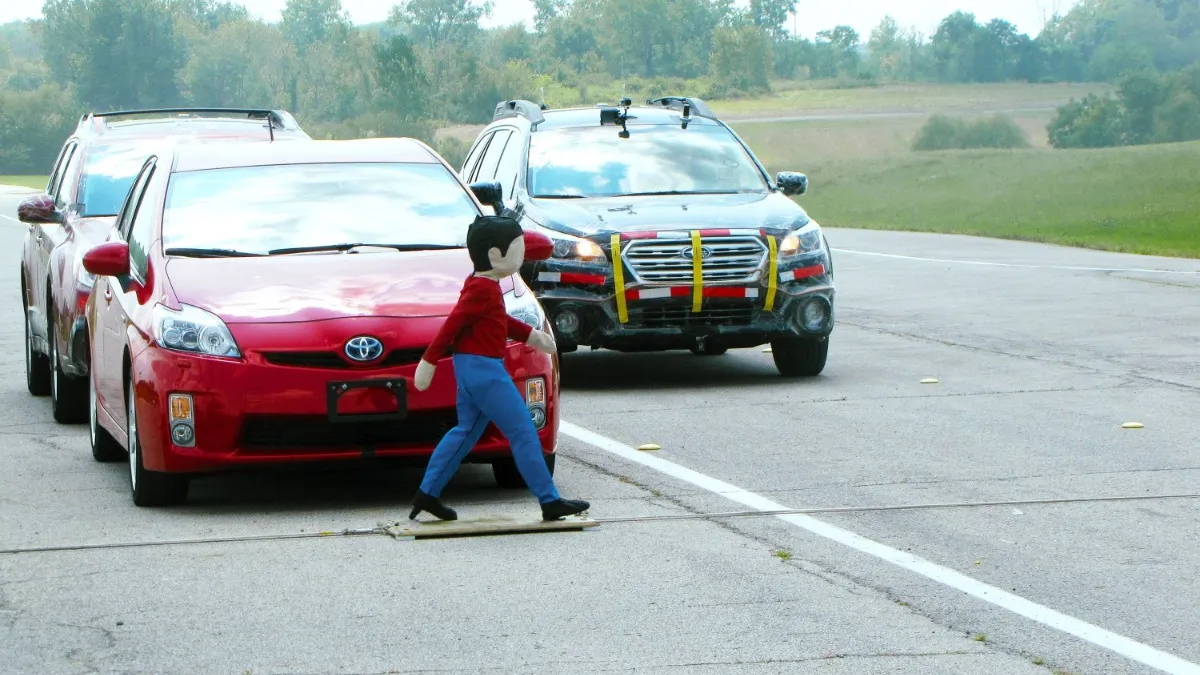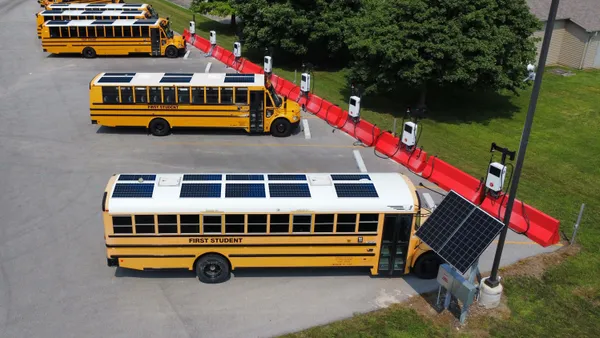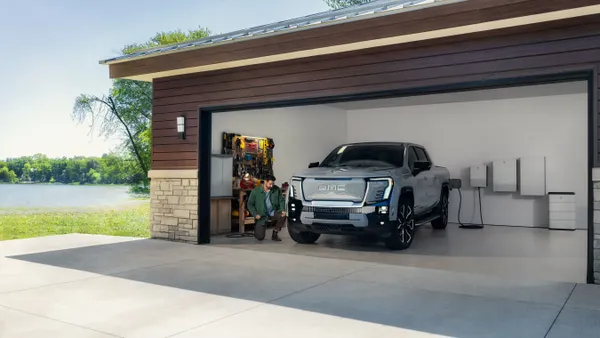Dive Brief:
- American drivers are growing more comfortable with the prospect of self-driving cars, with 40% saying they favor the technology being available for sale. That's according to a survey released by Adobe Analytics, which also found that millennials and Generation Z are most in favor of self-driving and connected cars.
- The survey of 1,040 U.S. adults found that people are already looking ahead to using self-driving cars as an extension of home or office. Nearly half (49%) said they would eat or drink in the car; 47% said they would hold phone conversations; and 42% said they would write emails and messages.
- A quarter of drivers say they currently have some form of voice control in their car, and one in three say a built-in voice assistant is a factor in their car-buying decision.
Dive Insight:
Consumer acceptance of self-driving technology remains mixed, with other surveys showing that people still express safety concerns (A March AAA survey found that 71% of people are scared to ride in one). The Adobe Analytics survey, however, shows some growth in excitement.
That growth is due in part to the fact that consumers are already getting used to features like lane assist or parking assistance. According to the survey, 44% of drivers already have those features, which have served as a "gateway," according to Adobe's digital insights manager Vivek Pandya.
"That can help people imagine themselves in a self-driving car," Pandya told Smart Cities Dive. "We're slowly allowing the car to take on more responsibility, getting more comfortable. If companies are able to have consumers adopt this in a curve-like fashion, giving away responsibility incrementally, I think we’ll see stronger adoption."
That’s also evidenced by the fact that people can already imagine themselves eating, working and relaxing in a self-driving car (24% of people said they would watch a TV show in the car). The popularity of voice assistance and connected features is also an indicator that people are ready to use their cars as a tool for work or entertainment.
Automakers are already looking ahead to how they could serve customers in self-driving cars; Toyota and SoftBank have partnered on a technology company that will build mobile offices, corporate shuttles and self-driving delivery vehicles with on-board food prep. Waymo is also testing out Wi-Fi and streaming music in its autonomous taxis, exploring the possibility that it could add more entertainment features.
A 2017 paper from the journal Challenges found that people with long commutes had to cut back on work, sleep and watching TV, suggesting that the commuting time in an autonomous vehicle (AV) could be used to catch up on those three activities.
"I think people see the advances that happened in technology like smartphones .. and are able to see the future state of technology to think how they can adapt," Pandya said. "I think they're savvy in seeing it's only a matter of time before the cars are able to support them and leverage downtime."










